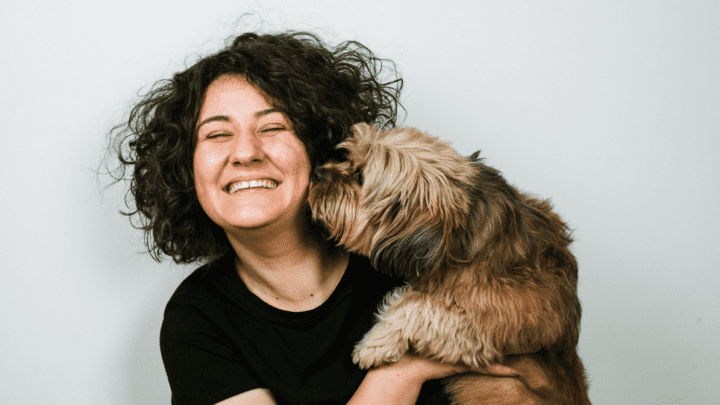- Nom Nom Dog Food Subscription Review - November 7, 2023
- 7 Best Dog Bed Ideas For Great Dane (DIY Options) - July 16, 2022
- Top 5 Rated Best Non-Prescription Diabetic Dog Food - July 15, 2022
It starts innocently. You begin to notice the dogs in your neighborhood. A white, fluffy Maltese and a Bichon Frise. A goofy Labradoodle and a grinning Pit Bull. A prancing Golden Retriever, a regal German Shepherd, an army of little, bossy Yorkshire Terriers.
You start talking to dog owners, asking if you can pet their dogs. You find you gravitate to one breed or the other, and before you know it, you’re involved in a five-alarm Yorkie Alert. The idea has snuck into your heart. You’re ready to be a dog owner.
Or are you? Having a pet is a big responsibility, but living and caring for a dog is a lot more complicated than, say, a turtle or a hamster. It’s more work in some ways than a cat or a rabbit, though those animals need an educated owner and a commitment for life. But dogs are different.
Dogs are active family members. They’re social, and they need to be part of your family.
Dogs require exercise and usually a robust doggie social life. They have opinions and are not afraid to voice them — in the form of a bark, growl, snort, whimper, or a face-full of wet kisses. They prefer to sleep in the bed with you, but will agree to sleep in their own dog bed or crate — as long as they’re within sniffing distance.
Great Reasons For Becoming a Dog Parent
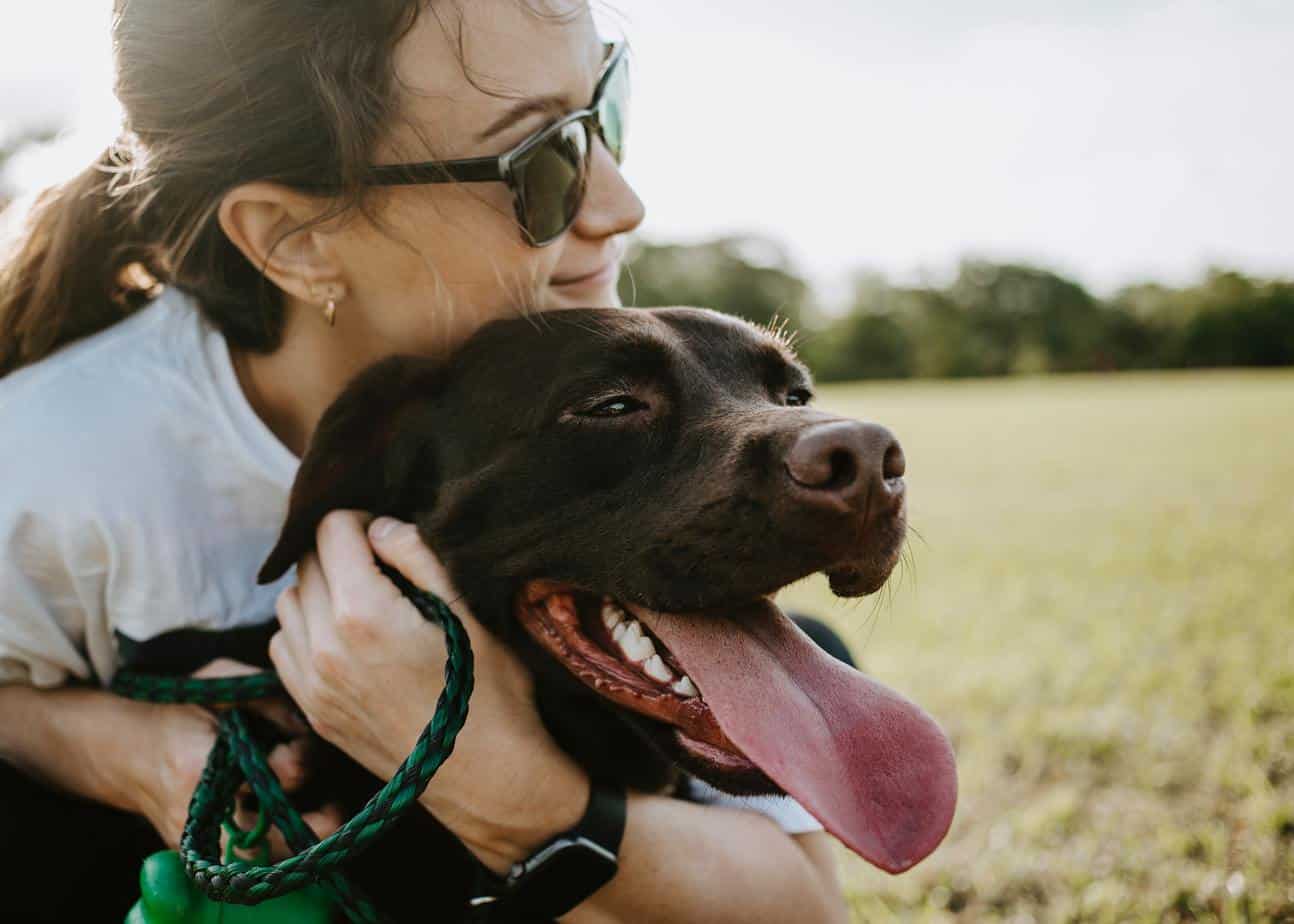
Dogs are there for you when you’re sad or when life is wearing you down. They will rejoice at your accomplishments with wagging tails and let you wet their fur with your tears. They seriously enrich your social life; you will meet more people in the first six months of welcoming a dog into your home than you’ve probably met in the last six years.
Dogs are relentlessly forgiving, accepting of your bad moods and irritation, patiently waiting for you to get over yourself – and then, let’s go to the park and play with my ball! They will be steadfast and loyal, and they will never let you down.
There are great health benefits of dog ownership, because they get you out of the house regularly, get you up in the morning to go out, and give you an extra reason (if you needed one) to get out into nature from time to time!
If this sounds like a walk in the park, well, that’s part of it. But there are things you must provide your dog with to give them a good life. They need training and walking, feeding and veterinarian care, toys and beds and chew toys. They even need warm coats in the winter. They need to be walked at least twice a day for a small dog and three to four times for large breeds. They will need you to care for them when they’re sick and when they’re old. If you can’t commit to all this — or you can’t afford them — wait for a time in your life when you can.
This may seem like an overwhelming list, but there are ways to care for a dog even if you have a busy life with lots of responsibilities. So how do you know if you’re ready to be a dog owner?
You know you’re ready for a dog if you’re willing to choose the breed based on what’s best for the dog.
Do You Have the Time?
Dogs generally don’t do well when they’re left alone in an empty house for excessive amounts of time. This doesn’t mean that you have to give up your job and live in the woods in a tent with your dog to give him a good life. But you do need to make some accommodations.
First of all, if you have the kind of job that keeps you at the office until the wee hours, you may have to rethink your plans. Cats generally are more self-sufficient; adopt two from a shelter, and they’ll happily keep each other company. Dogs, however, need you around.
Have you considered what your dog will do during the day?
If your boss allows you to leave the office at a reasonable hour, if you can walk them before you go to work, hire a dog walker for the mid-day walk, and get home for an evening walk between 6pm and 8pm, you are ready to get a dog. This doesn’t eliminate dog parenthood for a workaholic, but you will have to hire someone to walk or take care of your dog while you are away or invest in a great doggie daycare program — but this isn’t a good option if you’re adopting a puppy.
A puppy needs you to be there for the important first 4 months of their life. That’s the window for socializing, housetraining, and obedience training your puppy. That’s not to say a dog can’t learn new things after those 16 weeks, but it will become much harder, particularly the socialization process. If you can’t score some extended vacation time, consider adopting a dog that’s older. However, there is no such thing as an inside dog! Dogs MUST be walked on a regular basis – even small dogs who also use puppy pads indoors. A dog that doesn’t go outside on a regular basis is not a happy dog.
You know you’re ready to be a dog owner if you want to include your dog in your life. Weekends are for hanging out with the pooch and evenings for quality dog time. This should be something you want to do, not something that feels like an obligation. If you plan to leave your pooch home all weekend while you go out dining and drinking with friends in unfriendly-to-dogs places, you’re not ready to become a dog owner. Answer these questions to see if you are truly ready to be a dog owner.
Do You Live in a Place That Will Accommodate A Dog?
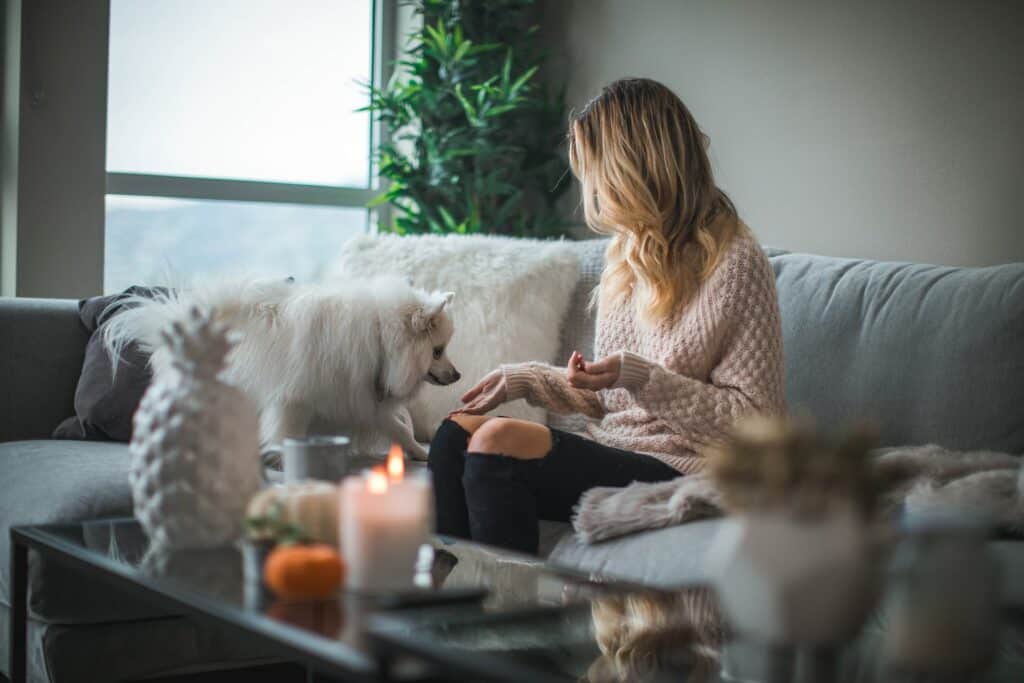
This is pretty straight forward, but is something a lot of potential dog owners forget to consider. Is where you live dog friendly or are you willing to make it so?
Not only is your house or apartment big enough, but if you are a renter have you considered does your apartment or house have a dog breed restriction?
Is there enough space outside or a good park nearby to let your dog smell the grass and go to the bathroom?
(For those of you that live in extreme conditions, like very hot places or very cold places, please check out our guides on 9 Tips to Keep Your Dog Safe in Brutally Cold Weather and Keeping Your Dog Safe in Hot Weather).
What about what’s in your actual living area? Are you willing to hide your delicate items and make some (they don’t have to be great, but there will be some) sacrifices on cleanliness to have a dog?
One other thing to consider here is other animals you may already live with. Dogs can socialize well with other animals like cats and birds, but you should be prepared for a process here.
Can You Provide Health Care?
Because dogs go outside on a regular basis, they need vaccinations, and they sometimes get sick. Dogs can pick up bacteria or parasites from drinking dirty puddle water or licking something nasty on the street. They can catch respiratory infections from other dogs. They can cut their paws on glass or anything sharp on the street or in grass. Dogs need regular heartworm prevention treatment. Even if your dog is healthy, he will need an annual vet visit for a check-up and vaccine boosters.
The typical fee for an office visit at a veterinarian office in New York City can run as high as $85. That’s just for walking in the door. The average throughout the city ranges from $45-$60. There are lower cost resources you can find through The Mayor’s Alliance for New York City Animals.
However, you may have to shell out some cash for anything from a broken bone to cancer. Pet insurance is available through numerous companies, which can be of some assistance in these kinds of cases, but you’ll have to pay a monthly premium. Find out more about Pet Insurance in the ScoutKnows Pet Insurance Buyer’s Guide. You know you’re ready for a dog if you’re prepared to provide him with appropriate health care. Too many dogs end up in shelters because the owner cannot (or does not want to) pay for vet care. Don’t let the price of veterinarian care scare you though; there are plenty of vets that will work with you on payments, and low-cost resources are available.
You are ready to get a dog if you are ready and willing to put in the necessary training time.
Can You Afford a Dog?
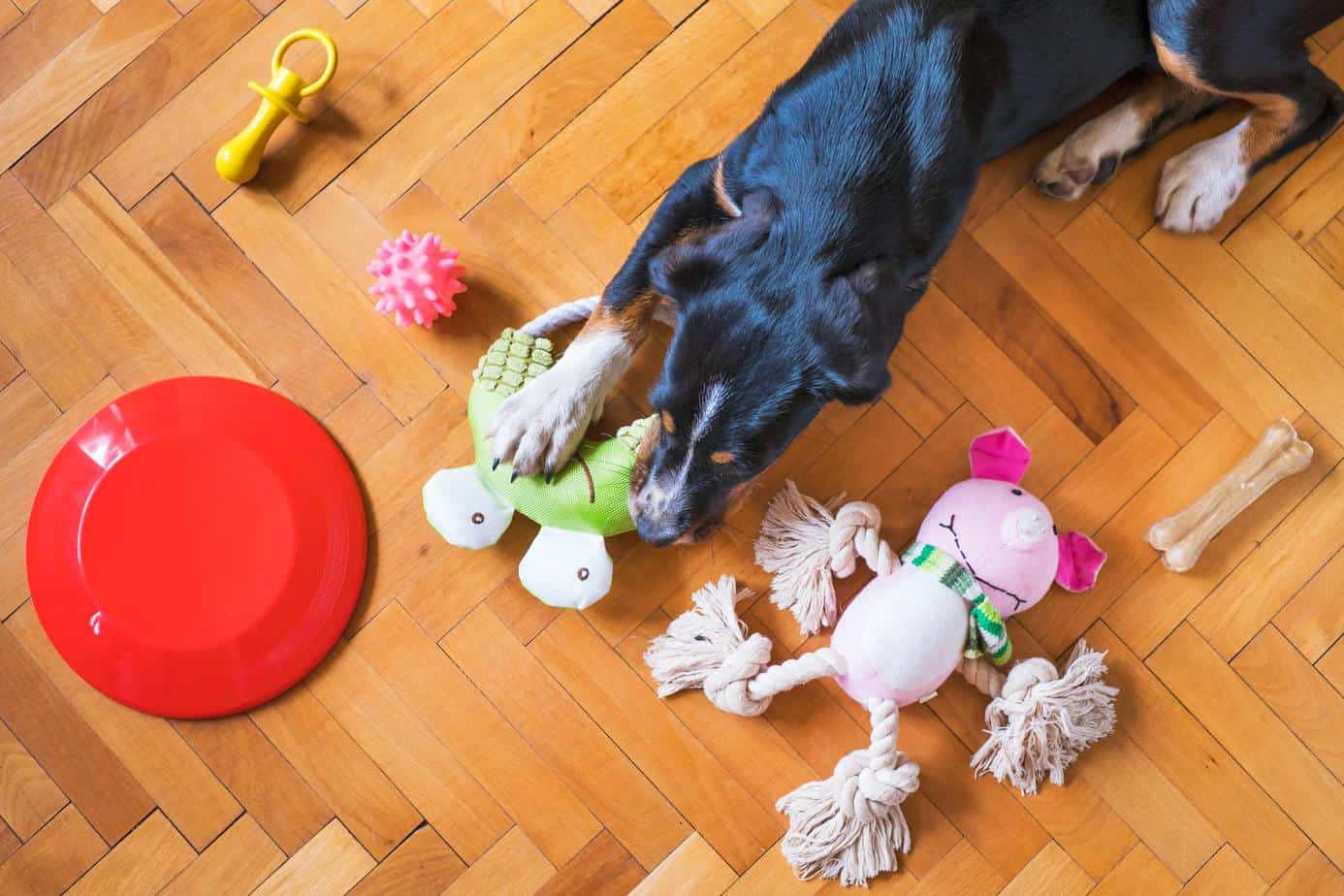
Dogs, like children, can be expensive. Besides the vet care listed above, dogs will incur regular expenses for things that they cannot do without. Here is a brief list of some of the costs of dog ownership. But to explore this topic further, visit our full guides on How Much it Costs to Own a Dog, and Can You Afford a Dog?
Up-front Cost for Gear on the First Day
In addition to the ongoing expenses like food and vet visits, you have to factor in the up front cost of getting what you need for day 1. This can range from as little as some food, a collar and a leash, to the full dog crate, pads, pen, etc… depending on how prepared you want to be.
Food
Dog food is a constant expense. Buy the best you can afford. By the “best,” I mean quality ingredients. The better the food, the better your dog’s health. Look for “whole” ingredients at the top of the list, like fresh beef or chicken rather than chicken meal. Avoid by-products of all kinds if possible. Whether you feed kibble or wet food, they should contain a good amount of vegetables, fruits, and whole grains, but grains should NOT be the main ingredient. Dogs are omnivores, and need a balanced diet, but the protein should come mostly from meat sources. The food should also have minerals and vitamins added. It’s also a good idea to rotate different brands of high quality food and the main protein source.
Grooming
Grooming is essential. More will be necessary for longhaired breeds, but even short hair dogs need regular baths, their nails clipped, and their ears and teeth cleaned. Plan to bring your dog to the groomer once a month. If this is too expensive, and your dog has short fur, have the vet teach you how to clip his nails, brush his teeth, and clean his ears. Groomers in Manhattan tend to be expensive, usually ranging from $60–$100. The boroughs tend to be less expensive. But wherever you take your dog, do your research on the groomer. Only take your dog to a groomer that you trust with the care and safety of your baby.
Dental Care
Dental Care can be very expensive because dogs must be anesthetized for dental procedures. For a thorough dental cleaning and any sort of tooth extraction or surgery, prices in the city can range from $350–$1200. Don’t panic though; there are low cost alternatives through the Humane Society and other places, but low cost doesn’t mean no cost. Find out more about Doggy Dental Insurance here.
Training
Training can run from $100–$350 for a 6-week program. A private trainer that will come to your house can run as high as $100–$250 an hour in the city. It’s recommended that you take a puppy to a puppy class for basic socializing and advice.
Toys
Dogs don’t need tons of toys to be happy, but puppies and most breeds need chew toys and a few favorite toys, such as balls and stuffed animals, to keep them out of trouble.
Medicine
Heartworm prevention and flea and tick repellent are required; the occasional allergy, arthritis, heart, stomach, and antibiotic medicine may be prescribed. There are some combination formulas for heartworm, flea, and tick, such as Revolution, a liquid you put on the skin once a month. While there is disagreement as to whether you need these year-round in New York City, you will need them during the mosquito season. Heartworm is a painful, ultimately fatal disease that is easily prevented. Dogs that are traveling to warm climates like the south of the country definitely need to be protected.
Apparel
This includes harnesses, collars, leashes, ID tags, and any kind of clothing. Small dogs generally need more protection from the cold that larger breeds except for breeds like Greyhounds that get cold easily. Foot protection is needed for areas that are heavily salted after a snowstorm since this kind of salt can cause actual burns on the paws.
Are You Ready to Devote Time to Training?
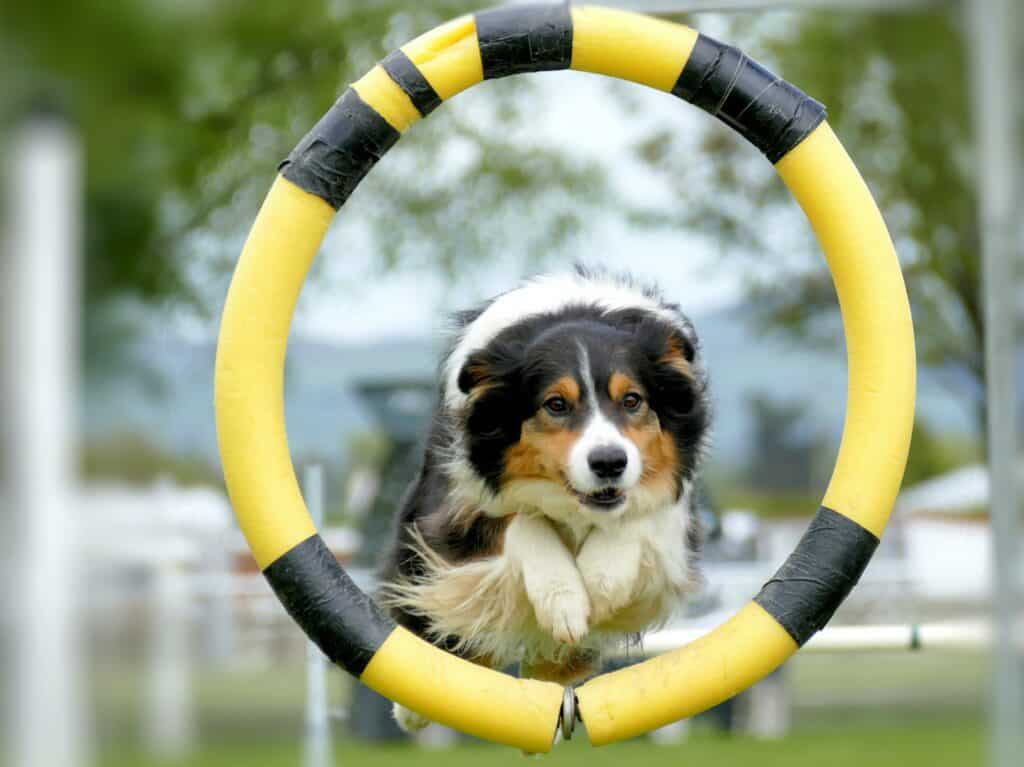
Dogs do not come with instructions, and they do not come trained. It is important to learn how to handle your dog, to provide socialization, and to teach your dog basic commands. If you’ve seen people walking out-of-control dogs that are pulling on leashes and dashing back and forth – this is not a picture of canine or human happiness.
Dogs do best with a clear leader — and that leader should be you. You will have to learn how to be calm and assertive when teaching your dog everything he needs to know to be a positive family member. When a dog doesn’t have a strong leader, he will try to fill the void, but the results will not be pretty.
If you’re adopting a puppy, check out puppy classes in your neighborhood. Adopting a dog from a shelter? They will usually provide training resources to help you deal with the adjustment issues your new pooch will be feeling.
Housetraining knowledge is essential. The methods you use when you first get your dog are very important. Use the wrong technique, and you may create a lifetime of anxiety around a basic bodily function. If you are a neat freak, this may be challenging. Dogs have accidents. They DO NOT do this because they are mad at you! A dog will go in the wrong place for a small number of reasons, but it mostly happens because you haven’t taught him correctly (in a way he can understand) where you’d like him to do his business. The worst thing you can do is push your dog’s nose into his mess. Even if everyone you know tells you this is the way to teach your dog, do not do it! It will only teach your dog to fear you.
You are ready to get a dog if you are ready and willing to put in the necessary training time. For puppies or older dogs who are not housetrained, you will need to be patient. Never hit a dog! They do not learn this way. So how do you housetrain your dog?
- Buy or borrow a large playpen or a package of snap-together gates.
- Create an area that is penned in, but make it as large as you can. Your dog will be spending a lot of time inside.
- Cover the floor with puppy pads, leaving a small space for a water dish, a dog bed, and some chew toys and other favorite toys.
- Praise your dog every time he goes on the pad.
- Each day, take one pad away.
- By the time you’re down to a single pad, your dog will be housetrained.
It’s a good idea to have a place in your home to put down a puppy pad if you have a small breed. Small dogs have small bladders. Unless you’re willing to commit to five or six walks a day, your dog’s life will be better if he can relieve himself when necessary. For large breeds, once a puppy is trained on a puppy pad, take the pad outside when you go for a walk until he understands what you want him to do. Dogs of all sizes prefer pooping outside of their home, so once he gets it, the only time he may have an accident is if he’s sick or simply cannot hold it. Remember: when a dog has an accident, he is just as upset about it as you are.
You are ready to get a dog if you are willing to be kind and patient.
Are You Ready to Provide Your Dog With Adequate Exercise?
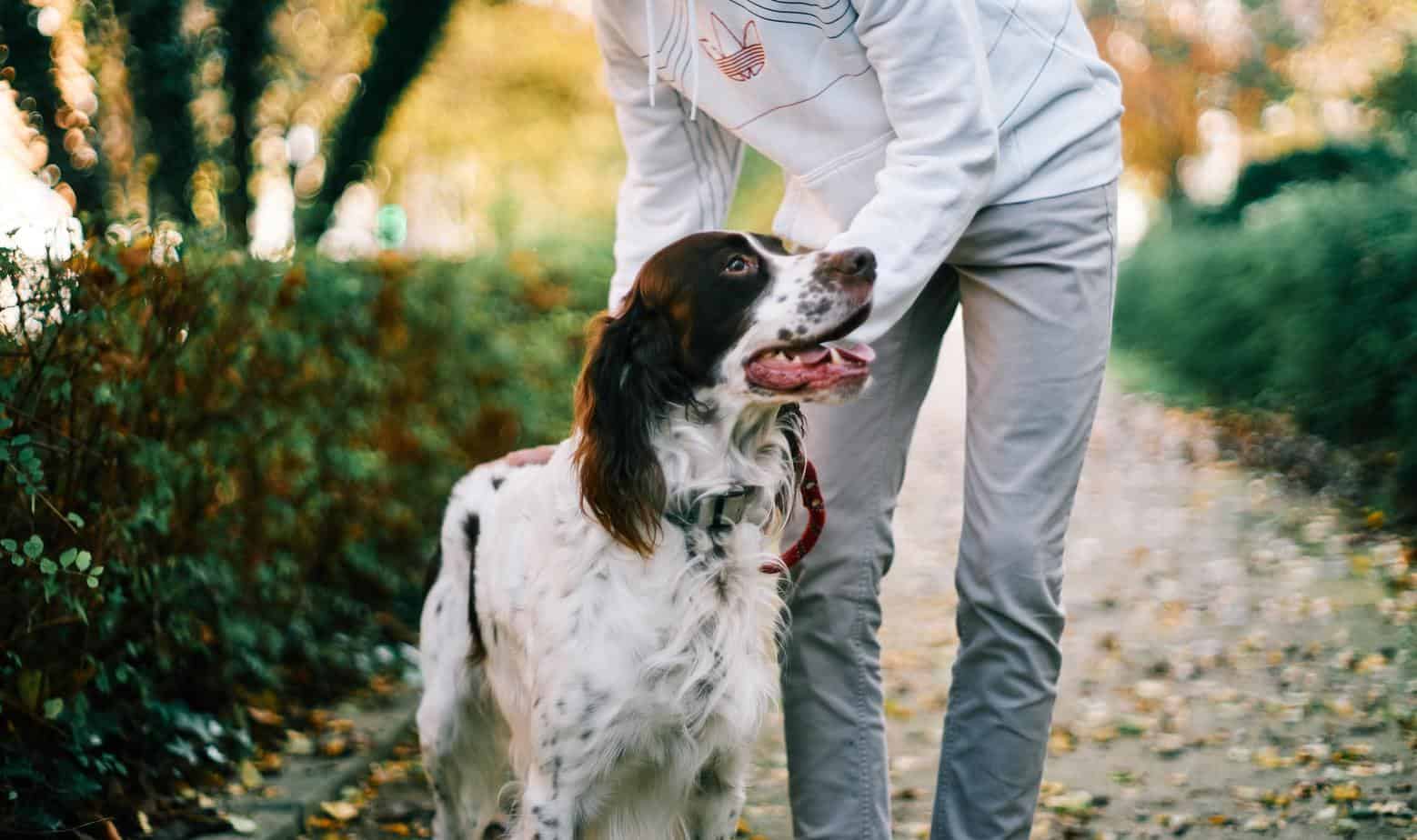
If you’re a person that likes to run every day before or after work, a Bulldog or a Pekinese might not be the best choice. If you’re more into lying around reading a book or watching TV, a Siberian husky or a Jack Russell terrier may drive you crazy. For both your happiness and your dog’s, choose a dog breed wisely.
Whatever the breed, you will need to provide your dog with exercise. But a husky, for example, will be very unhappy left alone in a apartment all day with no exercise or stimulation — and you will probably hear about it from your neighbors. Huskies are a very vocal breed with the ability to express themselves loudly. An unhappy Husky is a howling nightmare.
While a Bulldog or a Shih Tzu are notorious couch potatoes, these dogs still need to be walked at least twice a day. They will be perfectly happy, however, snuggling up next to you on the couch or the bed. These breeds only need around half an hour of low impact exercise — but this schedule is essential. Without it, they may develop diseases of their bones, joints, and even their hearts.
All dogs need exercise, but some need more than others. Regular exercise is imperative for good health both physically and mentally. Be honest about your lifestyle. A very busy life does not mean you’re not ready for a dog, but don’t get a dog breed that needs constant stimulation and activity. If you’re a diehard homebody, don’t get a dog that needs a lot of exercise. The high-energy dog breed fits right into a high-energy life. You’re ready for a high energy breed if:
- You’re a hiker or runner
- You love to get out into the great outdoors and exercise (here are some great suggestions for you and your dog on this!)
- You love to play Frisbee or can throw a ball over and over and over
- You’re inventive and can find ways to keep your dog mentally stimulated (try some Kibble in a Kong or a puzzle toy when you’re away)
- You love to teach your dog new tricks and activities
- You have adequate time to do all this
For dogs of all energy requirements, you are ready for a dog if you can:
- Provide your dog with at least two walks a day; more for dogs that don’t use puppy pads inside
- Hire a dog walker when you’re at work or a dog sitter if you leave the house early and get home late
- Walk your dog when you get home from work
- Give your dog adequate attention
You know you’re ready for a dog if you’re willing to choose the breed based on what’s best for the dog.
Choosing A Dog That’s Right For You
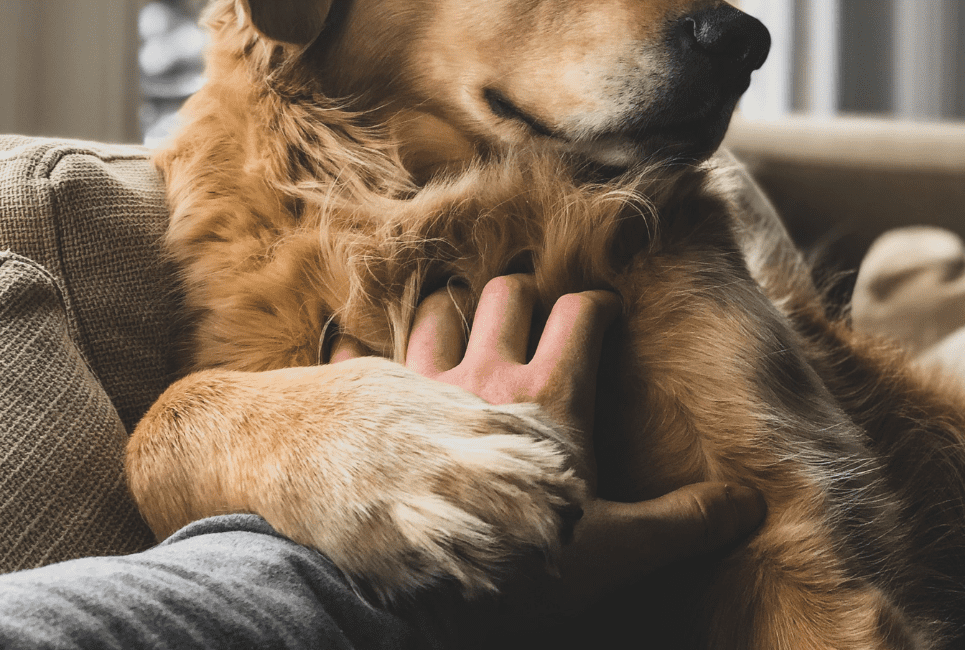
If you’re sold that getting a dog is the right move for you, your next decision will be which type of dog is best for your lifestyle and capabilities. Some dogs require more space and exercise than others. Some dogs are higher or lower energy than others. For a full breakdown on which breed is right for you, check out our full guide on Choosing a Dog Breed.
Adopting or Getting From A Breeder?
One big question once you’ve decided to get a dog is if you should adopt or purchase a dog. Each has its own benefits and advantages. Adoptions are a rout that does a lot of social good because you’re giving a home to an already currently homeless dog. But getting a purchased dog from a breeder lets you bond with your dog from the very beginning of its life.
To learn more about adopting, you should read our full guides on What You Need to Know Before Rescuing a Dog, and Should You Adopt A Puppy Or An Older Dog?
To learn more about purchasing a puppy from a breeder, you should read our full guides on How to find a reputable breeder, and The Best Time to Get a Puppy.
A special note on where to get your dog is that your range of options for where you can go (both for rescue centers and breeders) will be different if you live in a city vs. in a more rural area. For city dwellers, our guide on where you can get a dog in New York may be useful as it has cross applicable tips for other cities as well.
How Do You Know That You’re NOT Ready For a Dog?
Just because you’re yearning for a dog doesn’t mean you’re ready for one. Sometimes life doesn’t cooperate with the things that we want. Being a dog owner requires a certain amount of selflessness — just like children do. Remember, if your life isn’t set up for a dog, it doesn’t mean you’ll never be ready. In the meantime, you can play with dogs in your neighborhood and at the dog park and be a great uncle to your best friend’s puppy.
Here are the signs you’re not ready for a dog:
- You work 50 or more hours a week
- You’re juggling school, a family, and a busy social life
- Your dog will spend most of his time alone
- You travel a lot for work
- Your finances are tight
- You’re looking for a fashion accessory
- Your kids want one
- It’s Christmas or a birthday
- Your wife/husband/girlfriend/boyfriend/roommate hates dogs
- Ditto for allergies
- You’ve just lost someone (or something) close to you
- You have a job that requires moving a lot
Remember, life changes all the time. There’s a dog out there waiting for you when the time is right.
Get Further Informed
So you’re sold on getting a dog… or maybe you need to thing about it more and learn some more about it. Here are our suggestions for great books you should read if you are thinking about, or are planning on becoming a dog parent, Essential Dog Reading: Books Every Dog Owner Should Own, and Dog Books For New Owners.
Continue reading:

